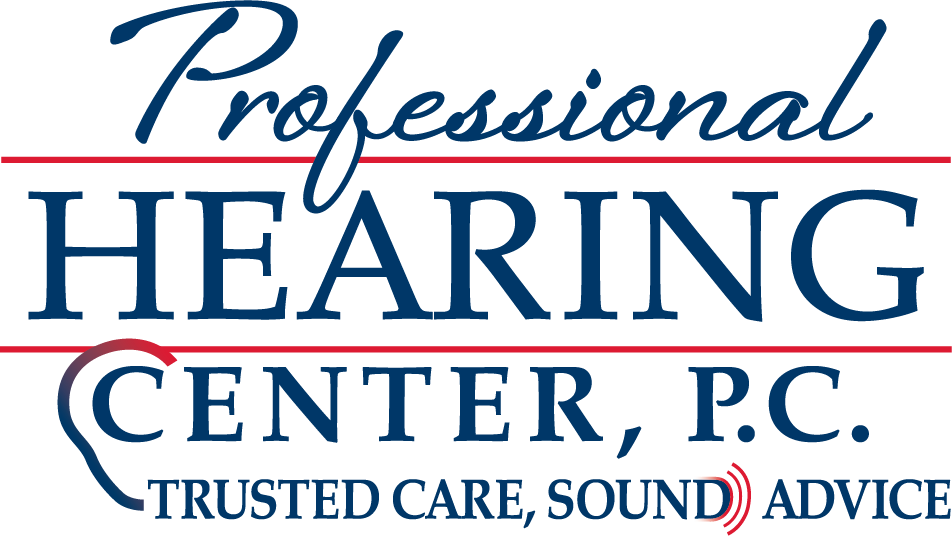
Have you ever been watching your favorite Netflix show when your internet abruptly disappears? Instead of finding out who won the baking show, you have to watch a never-ending spinning circle. And so you just wait. Is it your internet provider, modem, router, or perhaps it will simply come back on its own? It’s not a very good feeling.
Technology can be tremendously aggravating when it doesn’t work correctly. The same is certainly true of your hearing aids. Most of the time, your hearing aids will provide you with the means to remain connected to loved ones, have conversations with co-workers, and keep up with your neighbors.
But when they stop working, your hearing loss symptoms can abruptly become much more frustrating. The technology you’re depending on has let you down. How do hearing aids just stop working? So what should you do? Well, there are three prevalent ways that hearing aids can fail, here’s how you can start to identify and troubleshoot those problems.
Three common issues with hearing aids (and some possible solutions)
Hearing aids are complex devices. Even still, there are some common problems that people with hearing aids might encounter. Let’s have a look at possible causes of these problems and potential fixes.
Whistling and feedback
So, maybe you’re attempting to have a conversation with your family or watch your favorite television show and you begin to notice a dreadful whistling sound. Or maybe you hear some feedback. You start to think, “this is strange, what’s up with this whistling”?
Here are three potential problems that could be causing this whistling and feedback:
- You might not have your hearing aids correctly positioned in your ears. Try removing them and putting them back in. If the fit isn’t correct you might need to come see us so we can help you get a better fit.
- Earwax accumulation in your ear canal can undermine how your hearing aid works. This is a rather common one. Whistling and feedback are frequently one result of this type of earwax buildup. You can attempt to clear some of the earwax out (never use a cotton swab) and if that doesn’t work out, you can get some assistance from us.
- The tubing that attaches the hearing aid with the earmold, on behind-the-ear models, can sometimes become compromised. Try to inspect this tubing as well as you can and make certain nothing is loose and the tube doesn’t appear damaged.
If these problems aren’t easily resolved, it’s worth talking to us about adjusting the fit or sending your device in for servicing (depending on what we determine the root cause of that whistling or feedback may be).
Hearing aids not generating sound
The main goal of hearing aids is to produce sound. That’s their main function! So if you find yourself thinking, “I can’t hear any sound coming from my hearing aid,” well, then something is certainly not right. So what could cause hearing aids to lose all sound? Here are some things to look for:
- Batteries: Be sure your batteries are completely charged. And whether your batteries are rechargeable or not, it may be worth switching them out for fresh ones.
- Earwax buildup: Here we go again with the earwax! Have a close look to see if you discover any earwax on the speakers or microphone. Keep your device really clean.
- Power: Look, we’ve all disregarded turning on the hearing aid before. Check for this first. This possible problem can then be eliminated..
- Your settings: If you have them, flip through your personalized settings. It’s feasible your hearing devices are on the wrong custom setting (so perhaps your hearing aids think you’re in a gymnasium instead of at the kitchen table). The sound you’re hearing may be off as a consequence.
We are here for you if these steps don’t clear up your issues. We’ll be able to help you identify the next steps, and whether maintenance, repair, or replacement is required.
Painful ears when you’re wearing your hearing aids
Perhaps your hearing aids are fine functionally but they hurt when you put them in. And you’re likely wondering why your hearing aids would make your ears hurt. You’re not as likely to wear your hearing aids every day if they make your ears hurt. So, what could be causing it?
- Time: Getting used to your hearing aids will take some time. Each individual will have a different adjustment period. When you first get your hearing aids, we can help you get a reasonable idea of the adjustment period you can expect. Also, speak with us about any discomfort you may be having.
- Fit: The fit of the device is the most evident issue. After all, the majority of hearing aids work best when they fit tightly. So when your hearing aids aren’t fitting very well, there can be some discomfort. Many hearing aids can be customized to your specific ears. The better the fit, the fewer issues you’ll have with discomfort over the long run. If you come see us, we can help you achieve the best fit for your device.
Take your new hearing aid out for a test ride
Before you commit to a set of hearing aids, it’s a smart idea to try them out for a while. Most of the time we will have loaner pairs for you to try out before you make a decision.
Selecting the right hearing aids, adjusting them to fit your needs, and helping with any ongoing issues you may have, are all things we will assist with. We will be your resource for any help you need.
And that’s a lot more than you will get with an over-the-counter hearing aid!
